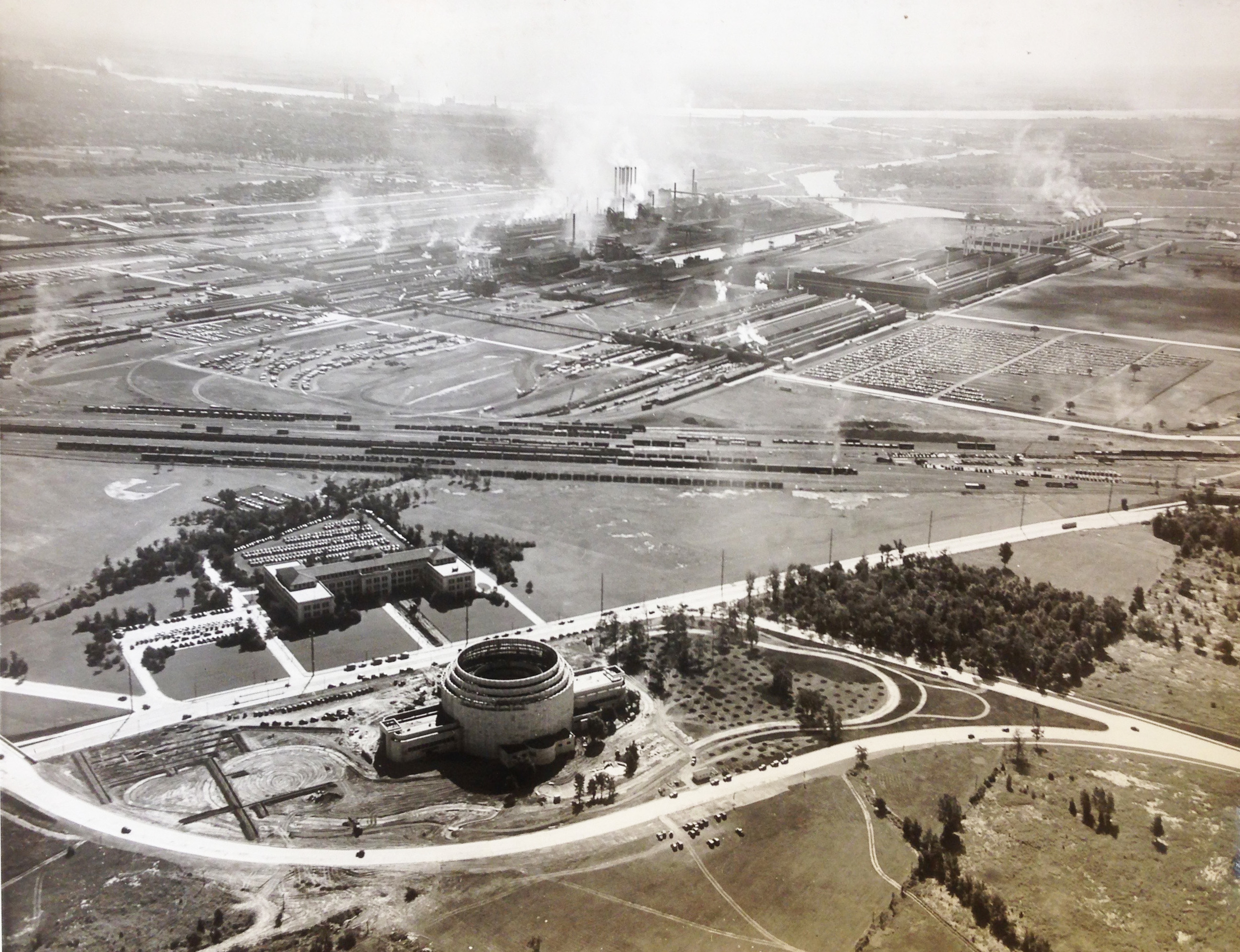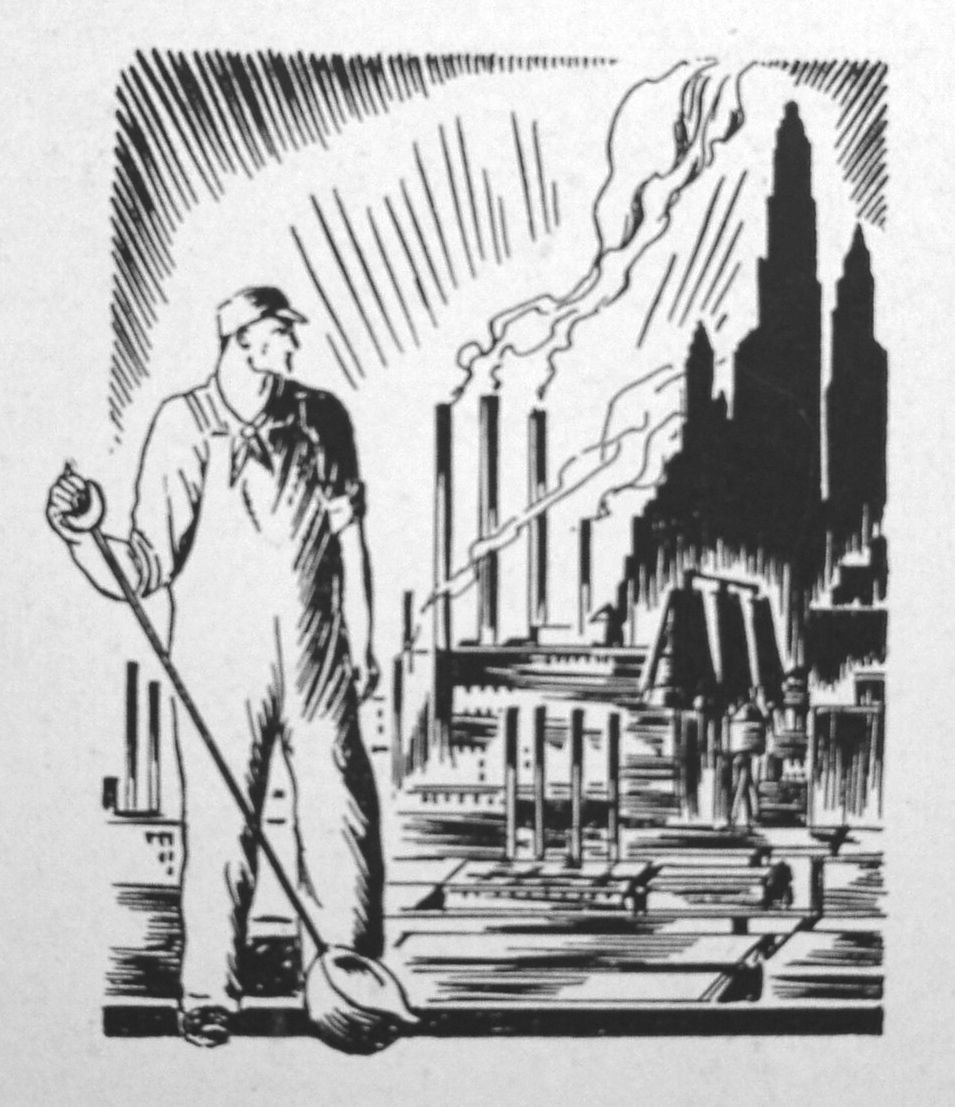Fordism and the City
Fordism—the unique association of mass production with mass consumption initiated by the Ford Motor Company in the early twentieth century—reconfigured urbanization through the lens of its new production ideology, which yielded dramatic spatial consequences for the city of Detroit, its future possibilities, and the urban imaginary. Distinct from earlier incarnations of industrial and corporate power, Fordism’s production ideology generated an industrial aesthetic built on associations linking working (class) bodies, modern buildings, and efficient machines that served to discipline individuals and institutions into its order. The emergence, distribution, and representation of the industrial aesthetic emerging from Fordism unfolded in and through key urban institutions in Detroit—the factory, the museum, the hospital, and the school—to exemplify how this corporate ideal extended beyond the assembly line to make its practices both visible and legible to a consuming public. Accordingly, I conclude that Detroit’s current state is actually a natural and anticipated outcome of Fordism that had its roots in the counter-urban policies and practices instituted by the automotive industry as early as 1915.
- book manuscript under review

